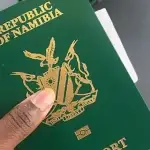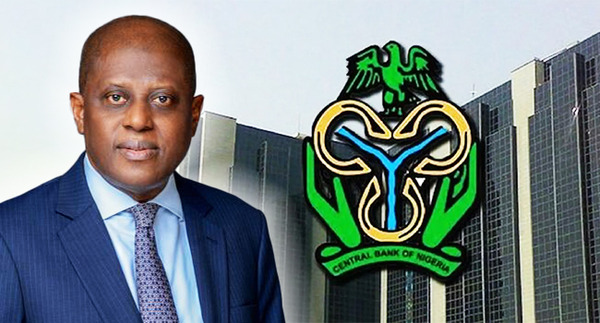
H1 2024: Nigeria’s Vehicle Imports Drops By 60% Due To Naira Volatility, High Customs Duties

The importation of vehicles into Nigeria dropped by 60 per cent in the first half of 2024, primarily due to high exchange rates and increased import duties. Data showed that only 10,991 vehicles were imported from January to June 2024, down from 28,024 during the same period in 2023.
Importers and clearing agents attribute this decline to the instability in foreign exchange rates and the imposition of hefty duties on used vehicles. Currently, the exchange rate for clearing imported goods is around N1599.392 per dollar, today’s official rate.
The Port and Terminal Multiservice Limited (PTML), which handles a significant portion of vehicle imports, reported a drop from 45,000 units in early 2023 to 18,000 in 2024. The high costs of clearing vehicles have made it difficult for ordinary Nigerians to afford them.
Industry experts warn that the situation is dire. Many clearing agents have reportedly lost their jobs due to reduced port activity. Some importers have turned to neighbouring countries for favourable exchange rates, diverting cargo away from Nigerian ports.
Metche Nnadiekwe, President General of the United Berger Motor Dealers Association, expressed concern that the harsh economic environment could push some individuals toward illegal activities out of desperation. He called on the government to address the high exchange rates and import duties.
The former acting president of the Association of Nigerian Licensed Customs Agents, Dr Kayode Farinto, emphasised the need for a stable and predictable exchange rate to help restore confidence in the importation process. He noted that rate fluctuations make it nearly impossible for businesses to plan effectively.
West Africa Weekly recalls that the Central Bank of Nigeria (CBN) issued a directive on February 26, 2024, requiring the Nigeria Customs Service (NCS) to use the foreign exchange closing rate on the day Form M is submitted for clearing goods and assessing import duties. This measure aimed to reduce volatility and was implemented shortly after the Labour Party presidential candidate, Peter Obi, recommended it on social media.
The NCS has, however, been criticised for disregarding this directive, using a higher exchange rate for import duty and clearance of goods. This combination of high costs and economic instability has continued to hinder Nigeria’s vehicle imports, affecting not just the automotive sector but the broader economy as well.
Read More:
- Refinery Saga: Fuel Imports from Malta to Nigeria Rise to $2.25 Billion in 2023
- Namibia To Implement Visa Restrictions On UK, US, Canada, Other Western Countries April 2025
About The Author
Related Articles
Tinubu Follows Gumi’s Lead as Nigeria Signs Turkey Defence Deal, Fueling Speculation Over Who Really Controls the Country’s Security Policy
Nigeria’s diplomatic and security strategy is once again under scrutiny after a...
ByWest Africa WeeklyJanuary 28, 2026Burkina Faso President Ibrahim Traoré Reviews 2025 Achievements, Sets Ambitious Agenda for 2026
Burkina Faso’s President, Ibrahim Traoré, has described 2025 as a year of...
ByWest Africa WeeklyJanuary 28, 2026Mali Says Reports of New Three-State Sahel Currency Are False but Talks Continue on Economic Integration
Mali’s government has rejected claims that it and its neighbours, Burkina Faso...
ByWest Africa WeeklyJanuary 28, 2026CBN Upgrades Opay, Moniepoint, Kuda and Others to National Licences
The Central Bank of Nigeria has upgraded the operating licences of several...
ByWest Africa WeeklyJanuary 28, 2026











